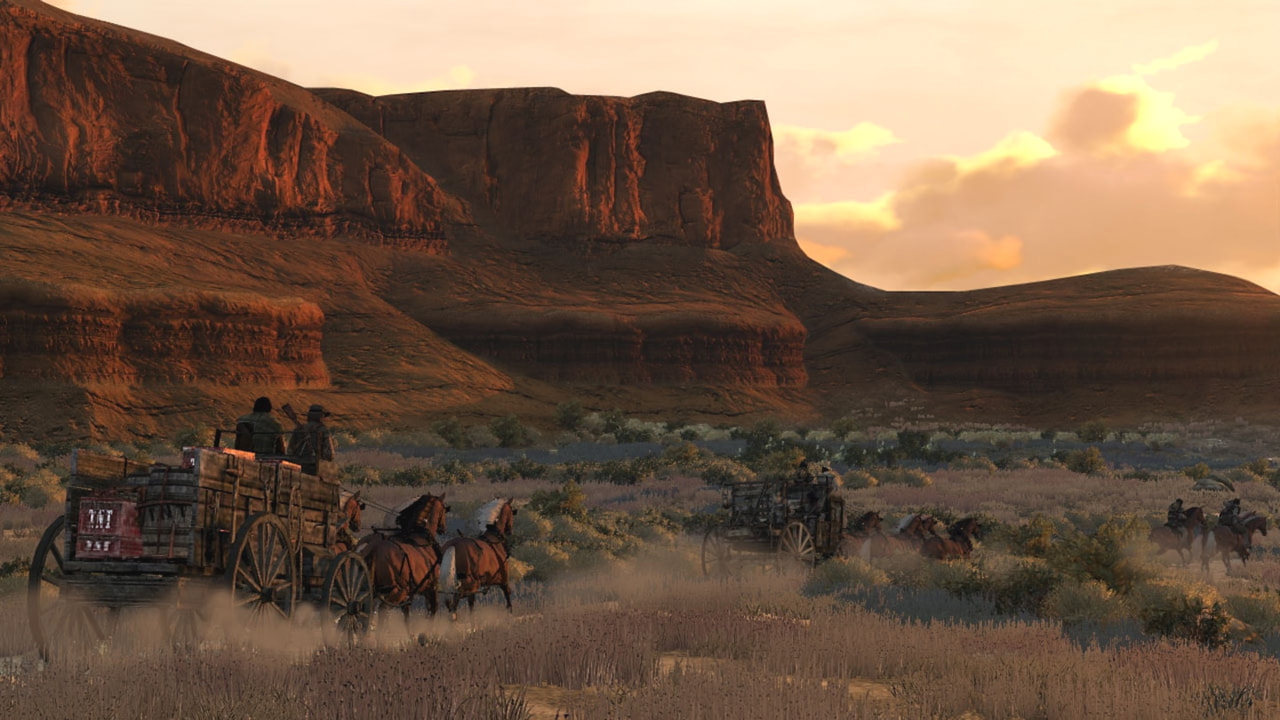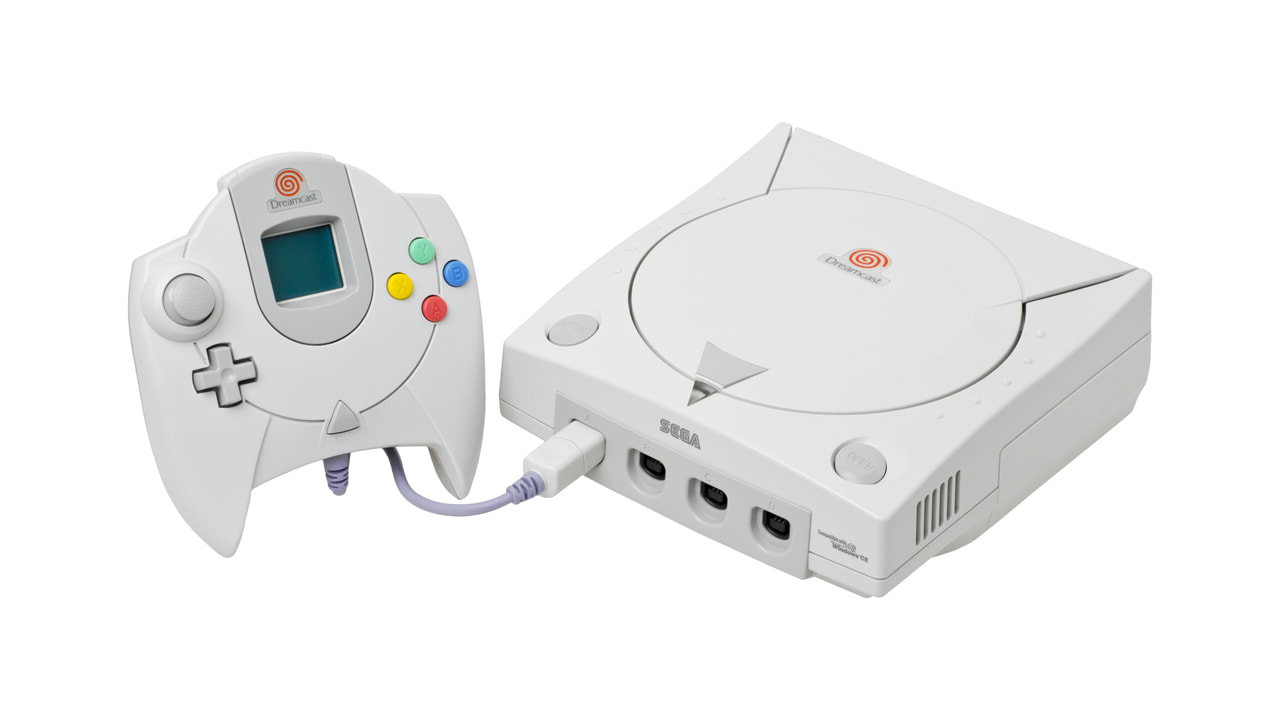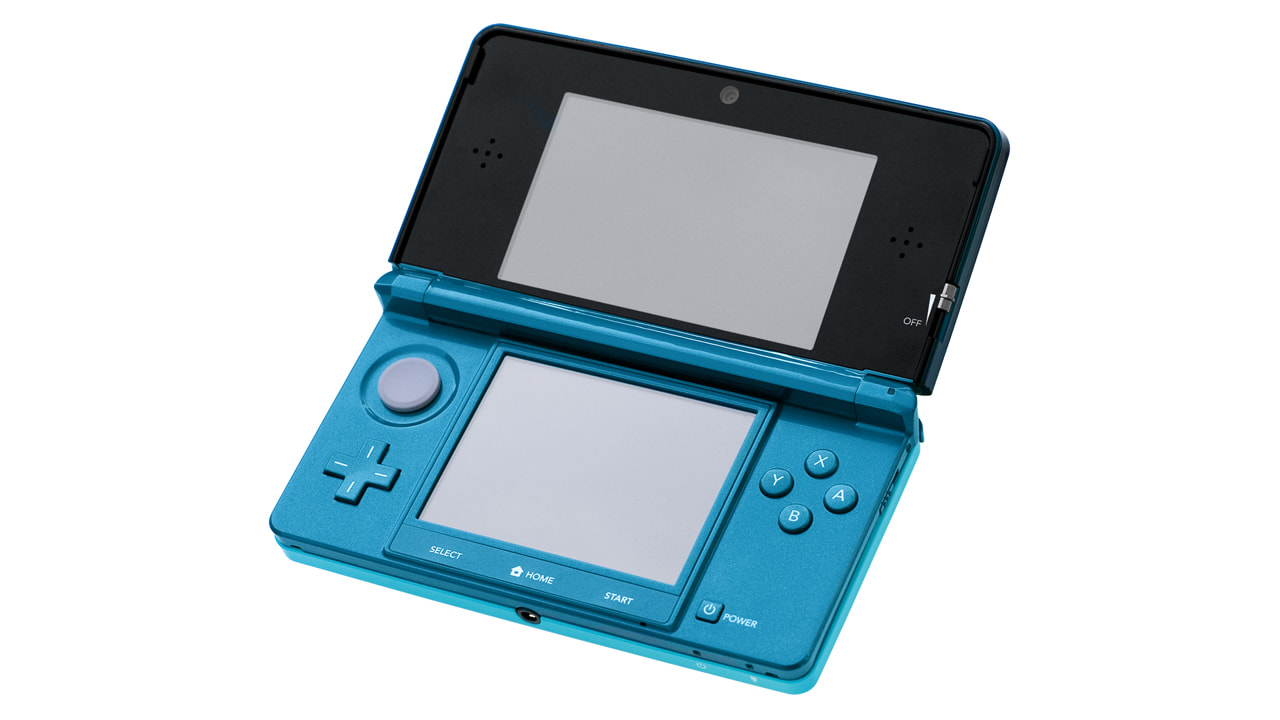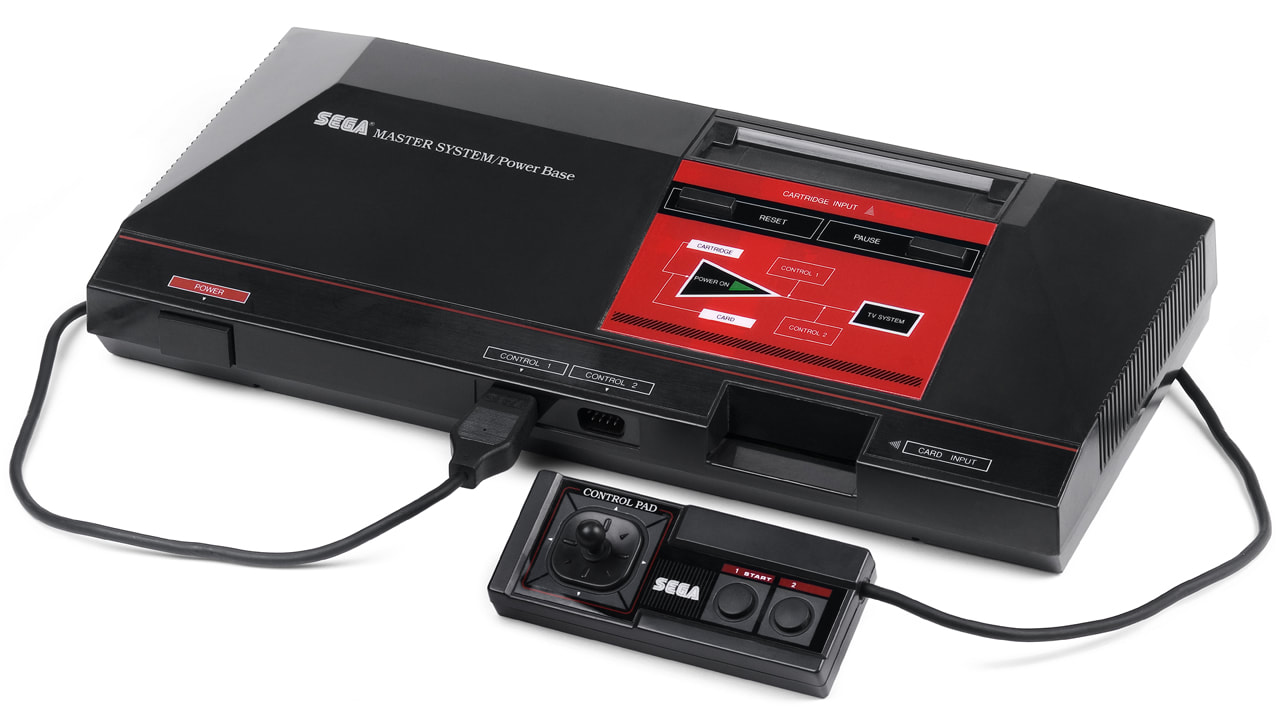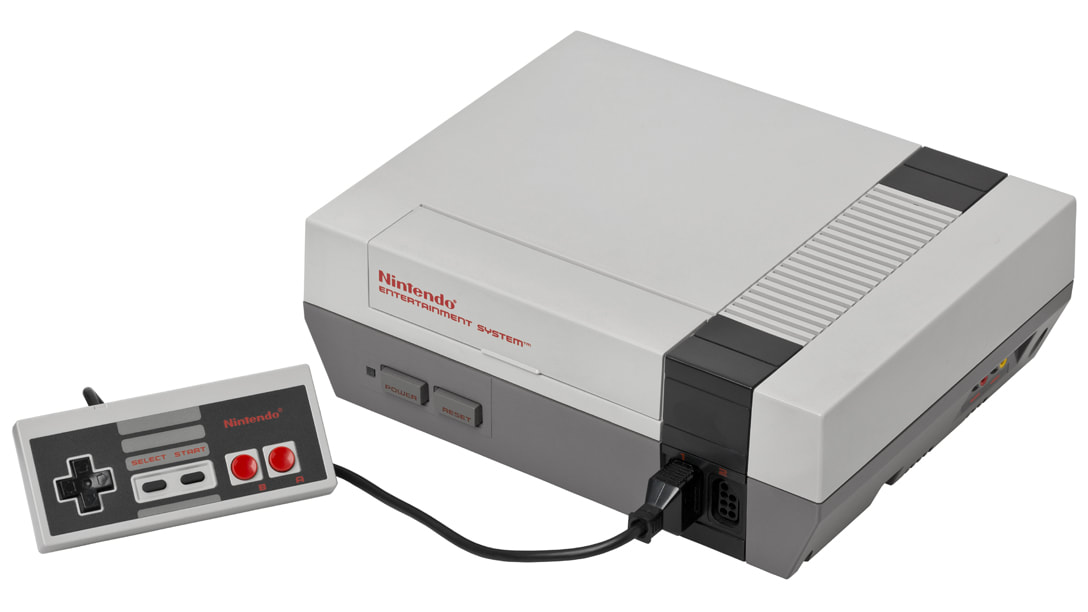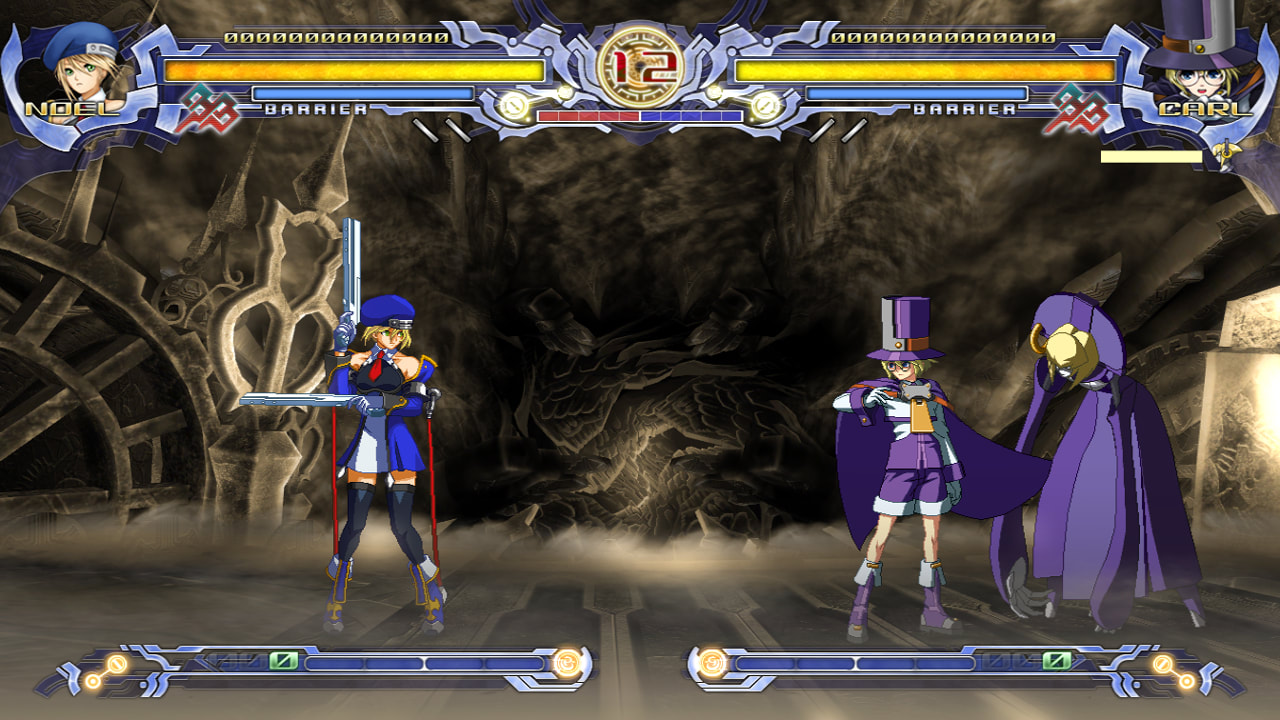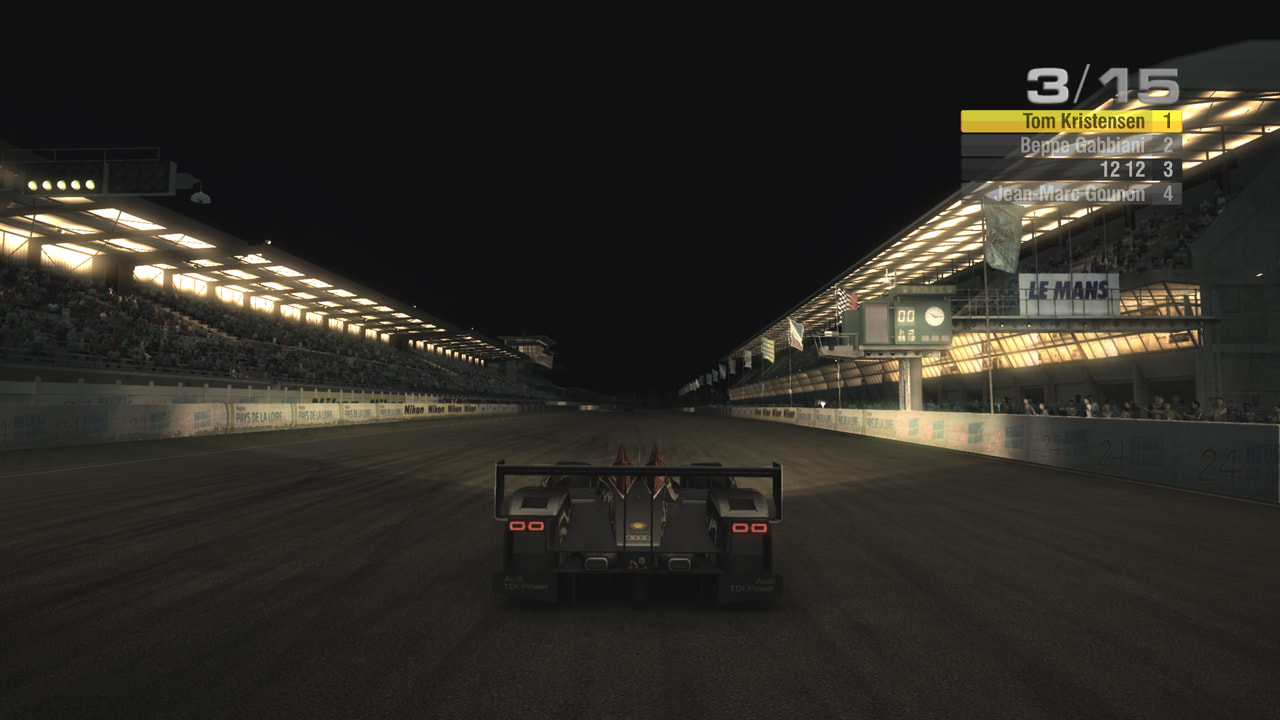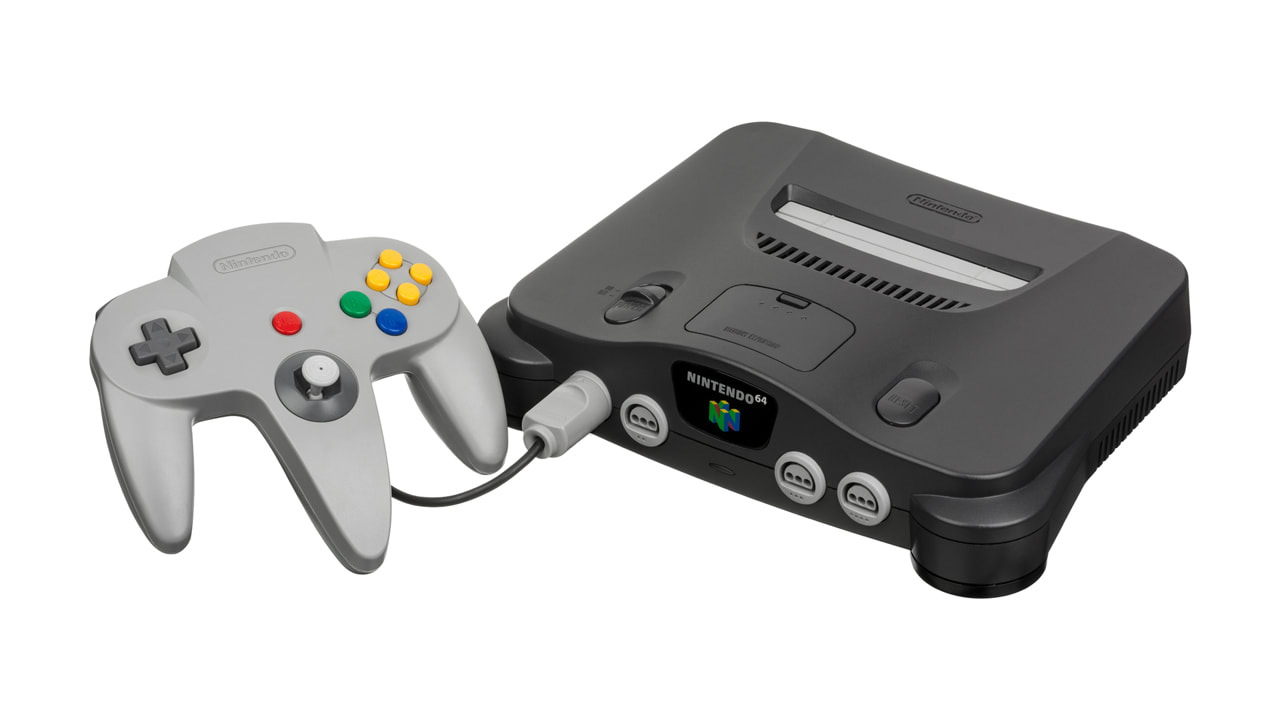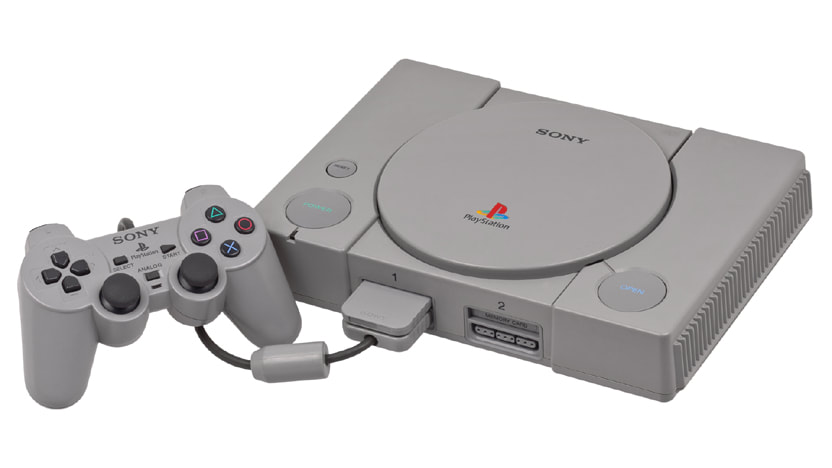|
Well, it's another new year and time, once again, for another retrospective. This time around, we'll be taking a look back at the best games of 2010. As the start of a new decade, it was certainly an important year; and it also happened to be a pretty exceptional year for gaming as well, with some of the biggest releases, well ever. Please read on for a selection of the 12 most notable titles that 2010 had to offer.
Comments
Due to the abysmal peformance of Sega's disastrous Saturn console, and not long before its premature cancellation, Sega set about development of their next generation of video game hardware. In an effort to cut costs, and to make sure that the Saturn's successor would be easy to create games for, Sega opted to use preexisting, off-the-shelf PC components and a custom Windows operating system, in favor of more complicated proprietary options. The new console would also share architecture with Sega's own NAOMI arcade hardware, which was developed around the same time, thus all but ensuring it would be the recipient of a steady stream of home-playable arcade hits, pretty much from day one. Finally, Sega decided to give the system a built-in modem for online play and internet access, the first console to include such a feature.
After finalizing the hardware specifications, a public contest was held by Sega to name their new system and "Dreamcast" was selected out of more than 5,000 entries. In order to avoid the same anemic launch that the Saturn had suffered, Sega took steps to have plenty of Dreamcast games available to choose from when the console made its North American debut on 09/09/1999. Sega also acquired American sports game developer Visual Concepts to ensure that the system's library would be adequately stocked with a variety of great sports titles, both at launch, and over the months and potentially years to follow. In addition (and as they did for all of the company's previous consoles), Sega's other internal studios all worked diligently to provide the Dreamcast with a multitude of high-quality first-party fare over the console's life. Despite making a number of savvy decisions with the design and launch of the Dreamcast, Sega was ultimately unable to sell enough systems to cover their past losses on the Saturn. Nor were they able to gain enough market share to turn the tables on Sony and Nintendo. Eventually, the Dreamcast also began to burden Sega with losses and so, just over a year and a half into its life, they reluctantly exited the console industry altogether. It is said that the candle that burns half as long burns twice as bright. That may have been true in the Dreamcast's case. It's difficult to name another console that was able to amass such an amazingly diverse library of incredible titles over such a short run. Please read on for a list of the very best of these games to ever have graced Sega's final console. 3D Stereoscopy has experienced something of a recurring fad since its discovery, beginning with stereoscopic photograph viewers, all the way back in the mid-1800s. 3D films first rose to prominence in the 1950s, before mostly dying out and then enjoying a somewhat brief resurgence in the 1980s, and then again from the late (20)00s to early '10s. That most recent period of renewed interest in 3D films also gave rise to some new 3D technologies and devices as well, including televisions and, perhaps most notably, the Nintendo 3DS
For decades, Nintendo had invested in and experimented with various types of 3D tech, including their infamously ill-conceived Virtual Boy system, which they released to the public in the mid-90s (before quickly cancelling it within a year's time) Despite their failures with that much-maligned gaming device, Nintendo eventually opted to try one more time, with the successor to their wildly successful DS portable. In order to avoid one of the most common complaints associated with the vast majority of stereoscopic displays (the need for glasses), as well as to try and avoid any more disastrous product failures, Nintendo wisely invested in a somewhat novel approach for what would become their 3DS system. By utilizing a parallax barrier inside the screen of the 3DS, Nintendo was successfully able to generate 3D images completely free of the usual glasses requirement. Despite this groundbreaking approach to 3D gaming, the 3DS, not unlike its earlier 3D predecessor, got off to a pretty slow start sales-wise (though not nearly to the extent of the Virtual Boy). Luckily for Nintendo, they were able to mostly turn things around with an early price cut and the announcement of incoming downloadable NES and Game Boy Advance classics for the system, some of which were made available at no cost to early adopters. The 3DS eventually went on to become a moderate success for Nintendo, selling more consoles than the GameCube and the N64 combined (though still only managing to move about half as many the record-holding original DS system). As would be expected of just about any Nintendo device, particularly one with such unique stereoscopic 3D capabilities, the 3DS boasted some pretty uniquely excellent games to match. Here are 12 of the very best titles that the 3DS had to offer. Right around the same time that Nintendo released their 8-bit Famicom game console in Japan, the original version of what would eventually be released in the rest of the world as the Nintendo Entertainment System, arcade developer Sega released a competing console that they called the "SG-1000". Then, a year later, they released a redesigned version called the "SG-1000 II". Neither system was particularly successful. So after another year, Sega decided to make a few upgrades, most notably to the graphics chip, which would be based off of their System 2 arcade board. They then released this newly overhauled version which they dubbed, the "Mark III".
Unfortunately for Sega, they still couldn't stand toe to toe with Nintendo, even after multiple hardware revisions. At least, not in Japan. So Sega then decided to try their luck in the Western markets. The Mark III was rebranded as the "Sega Master System" and given futuristic-looking facelift. Once again, Sega managed to sync their release to Nintendo's, launching the Master System right around the same time that the Nintendo Entertainment System came out. Never let it be said that Sega was one to shy away from a fight. Although the Master System was technically more powerful than Nintendo's console, with the exception of Brazil and a few European markets, it never really managed to come close to the impressive sales numbers of the NES. One major reason for this was a lack of software, primarily thanks to Nintendo's shrewd licensing requirements, that forbade third-party developers from releasing their NES titles on competing platforms. To Sega's credit, they did still manage to snag a few high-profile third-party titles, here and there, even despite this rather gargantuan obstacle. Additionally, being a (then) up-and-coming development house themselves meant that their console would at least have a stellar selection of first-party titles to choose from. So, even though Sega's hardware couldn't compete on quantity, that doesn't mean it didn't still have plenty of quality. Read on for a list of 12 of the best games that the Sega Master System had to offer. In 1984, the video games market was virtually non-existent in the West. While Atari and it's competitors had been making money hand over fist just a few short years earlier, a steady stream of poorly made and wildly unpopular titles, coupled with the rise of personal computing alternatives, led to the infamous video game crash of 1983. Many believed that the dedicated video game console was merely a fad that had already passed and would never turn a profit again. Meanwhile, in Japan, Nintendo had found great success with the release of their new 8-bit Famicom system, actually managing to reach the number one spot in game console sales in a still-thriving Japanese market. This newfound success, in addition to the complete non-existence of any would-be competition in the West, gave Nintendo the confidence to see if they could reignite game console sales in that market as well.
Nintendo first decided to test the waters with their newly-created Vs System, arcade cabinets housing slightly modified, localized versions of already existing Famicom titles. In addition to generating additional revenue via the arcades and giving Nintendo a way to gauge the popularity of various titles, this strategy also had the added bonus of creating buzz and fostering awareness of those titles ahead of the console's launch. Furthermore, when it came time to release the console, Nintendo opted to start out with a limited test market launch, first in New York, and then in Los Angeles, in order to make certain that the system would in fact sell. Nintendo's strategies paid off, and on September 27th, 1986, they finally released their rebranded Nintendo Entertainment System nationwide in America. The video game console was back and here to stay. In order to help restore consumer confidence and avoid another flood of low quality titles on the market, Nintendo also enacted strict controls on product approval and game licensing for their console. This was made famous by their official seal of quality that could be found on virtually all game cartridges produced for the system; and the NES had quality titles in spades. In fact, it was mostly thanks to its strong stable of games that the system was such a spectacular success. Here are but 12 examples of the best titles that the Nintendo Entertainment System had to offer: Well, it's a new year and I'm back again with another best-of retrospective. This go round, we'll be taking another 12-year look-back, at the best games of 2009, and unlike with the last one, I'm happy to be able to deliver it in a more timely, and thus, sensible fashion. 2009 was another great year for games. But really though, aren't they all, just about? Let's just say, it wasn't any slouch. Please join me as I take a look back at some of the following reasons why.
As you might have noticed by now, I have kind of a thing for gaming retrospectives. I also love anything having to do with the number 12. For those reasons, I've decided to debut a new retrospective series where I take a look back at the best games from 12 years ago. In the case of this particular article, the year 2008. Now you may be thinking, "it's the end of 2021, shouldn't this article be about 2009 or even 2010?" And the answer is, I'm going back a full 12 years (and several months). I also meant to post this months ago but got a bit sidetracked. Just go with it. 2008 was a special year for gaming that saw a number of truly exceptional titles grace the various consoles of the day. Please join me as I look back at what I feel were 12 of the absolute best.
For over 10 years prior to the launch of their N64 system, Nintendo sat fairly comfortably as the top dog in the video game console market. That all began to change by the mid-90s, however. Following Sega and Sony's (then) next-gen console face-off throughout much of 1995, Nintendo somewhat controversially opted to wait until the following year to release their own competing hardware. One of the main reasons for this decision was so that they could allow enough time for a sufficient pipeline of software titles to be ready to support the console (and not wind up in the same embarrassing predicament Sega had with their premature launch of the Saturn). While the delay did likely hurt them a bit with regard to potential sales lost, it also ensured that the N64 would make a strong impact when it did finally arrive (the lack of which for the Saturn no doubt contributed to that console's early demise).
Even though the official US launch date for the Nintendo 64 was intended to be Sunday, September 29th, 1996, as advertised, the vast majority of retailers broke that release date and began selling them before the start of the weekend. Following its successful launch, the Nintendo 64 achieved modest success throughout its life. The the decision to stick with cartridges in the age of the compact disc, along with a slight lack of third-party support, would cause Nintendo's system to be pretty handily outsold by Sony's PlayStation console. However, the Saturn's early departure from the field, combined with an absolute wealth of outstanding first and second-party titles, still solidified the Nintendo 64 as both an unquestionable success for Nintendo, as well as an object of great affection for Nintendo fans and gamers everywhere. Well, it's September 9th, 2019, which means its time for another 12/12 console anniversary. Yes, today makes 24 years since Sony's very first PlayStation console was first released in North America. Though Sega and Nintendo pretty much owned the home console landscape at the time they decided to enter the frey, a combination of smart business decisions and key partnerships, in addition to some pretty massive missteps by the competition helped Sony to quickly become the dominant force in the industry. A position they have continued to enjoy for the majority of their console-making career.
Sony first began their foray into game consoles in the late 1980s when they entered into a partnership with Nintendo to create a CD-ROM add-on called the Play Station for the upcoming Super Nintendo console. The partnership was rocky though, particularly when Nintendo went behind their back to form another partnership with Sony's competitor Philips. At one point Sony even approached Sega with a proposal to a similar partnership to the one they had with Nintendo, but Sega, unfortunately, declined. Eventually, Sony decided to abandon the project altogether in favor of creating their very own gaming system for the next console generation. This, of course, is what would go on to become the PlayStation. After settling on engineering the console to specialize in handling three-dimensional polygonal graphics, Sony then had to figure out how to get games made for its system. For this, they mainly relied on securing hundreds of deals for third-party games, both exclusive and multi-platform. In addition, they also acquired the British video game company Psygnosis which, along with creating the fantastic wipEout series for them (one particularly excellent entry of which appears on our list below), also had the unintended benefit of resulting in a more economical, dedicated game development system for their new console. Finally, Sony needed to figure out how to get a jump on the already long-established competition. They accomplished this in two ways. With Nintendo, they primarily did this simply by beating them to market, since their next generation Nintendo 64 console wasn't even ready for release until the following year. And with Sega, they simply found a way to capitalize on their blunders, particularly by undercutting them on price. By selling the PlayStation for $100 less than Sega's Saturn, they made it a lot more attractive to otherwise undecided console shoppers who couldn't quite see the additional cost benefit of Sega's offering. Even with a leg up though, without the right games, the PlayStation brand wouldn't have lasted very long. But great games are something that every PlayStation console has always had in spades. Read on for our list of 12 of the best ones the original PlayStation had to offer. |
Categories
All
Archives
March 2024
About12/12 Games is the |

